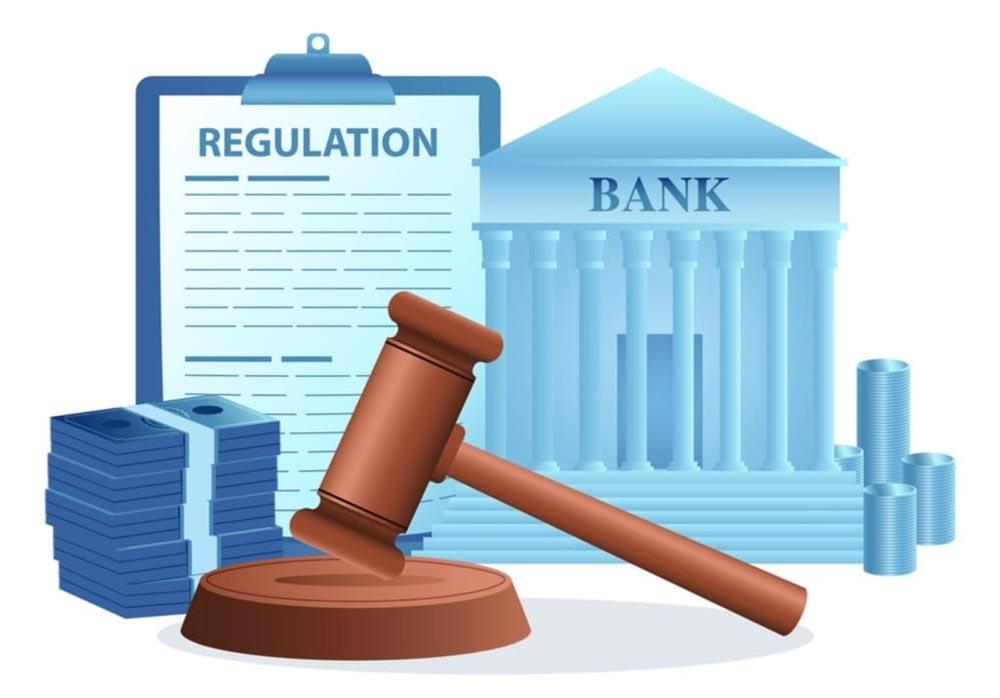Reply To:
Name - Reply Comment

The Sri Lanka Banks’ Association (SLBA) strongly refuted recent criticisms from two senior lawmakers, labelling the comments as “misconceived, inaccurate, misleading, and unhelpful.”
In a detailed and hard hitting statement issued yesterday, the SLBA emphasised the need to assure depositors the safety of their funds and reaffirmed that strict procedures are adhered to in the lending and recovery processes.
“We are concerned that the hyperbole generated about the lending and loan recovery processes of banks could create an impression that due processes are not being followed by banks and that depositors’ funds could be at risk,” the SLBA, which represents all banks licensed by the Central Bank of Sri Lanka (CBSL) including state banks, public listed companies and branch offices of international banks, said.
“This is most definitely not the case, and any impression being created that banks are lending on personal connections and political influence, that parate laws are being abused and customers exploited, are misconceived, inaccurate, misleading and unhelpful,” it asserted.
In an effort to assure depositors, the SLBA stressed that the monies being lent are being recovered, and that it is only a small number of borrowers that want to continue their failed or unproductive businesses, that are unwilling to review their viability with the banks, and are resorting to aggressive lobbying.
“Their desire seems to be to continue living their life-style on unsustainable debt rather than on earnings from productive enterprise,” the Association said.
Banks take deposits from the public and must repay these deposits as promised. These deposits are lent to eligible borrowers - individuals, small scale businesses, the MSME sector which is a significant contributor to the national economy, as well as to large corporates. According to the annual report of the Ministry of Finance, banks had lent Rs. 704 billion to SMEs alone, in 2023.
While noting that it is inevitable that among the banks’ borrowers there will be some who have failed, face debt repayment stress or are simply willful defaulters, the SLBA asserted that the latter segment, though small, is vociferous and has within it, influential lobbyists.
However, the process world over is that loans that have been identified as non-performing are reviewed by both borrower and lender to assess viability with a view to moving to a resolution that preserves residual assets. This prevents forced sale for recovery of what may be available.
“It needs cooperation from borrowers to work with lenders – not to resort to lobbyists in an attempt to carry on a failed or unproductive enterprise,” the SLBA said.
“All debt recovery remedies are intended to protect the depositors from risk of a bank failing to meet payments of interest and return of their deposits as promised,” the SLBA said.
The banks have helped and continue to help borrowers including MSMEs that got into difficulty due to their exposure to external risks such as the Covid pandemic, the Easter Sunday attacks of 2019, and the economic crisis, and that many of these borrowers have overcome those difficulties.
“The reality however, is that some businesses have gone beyond the resolution stage and need to be exited by the owners. Such businesses must understand that depositors’ funds cannot be misused to support a desire to continue failed businesses with the backing of non-banking sector lobbyists. This is dangerously misleading,” the SLBA said.